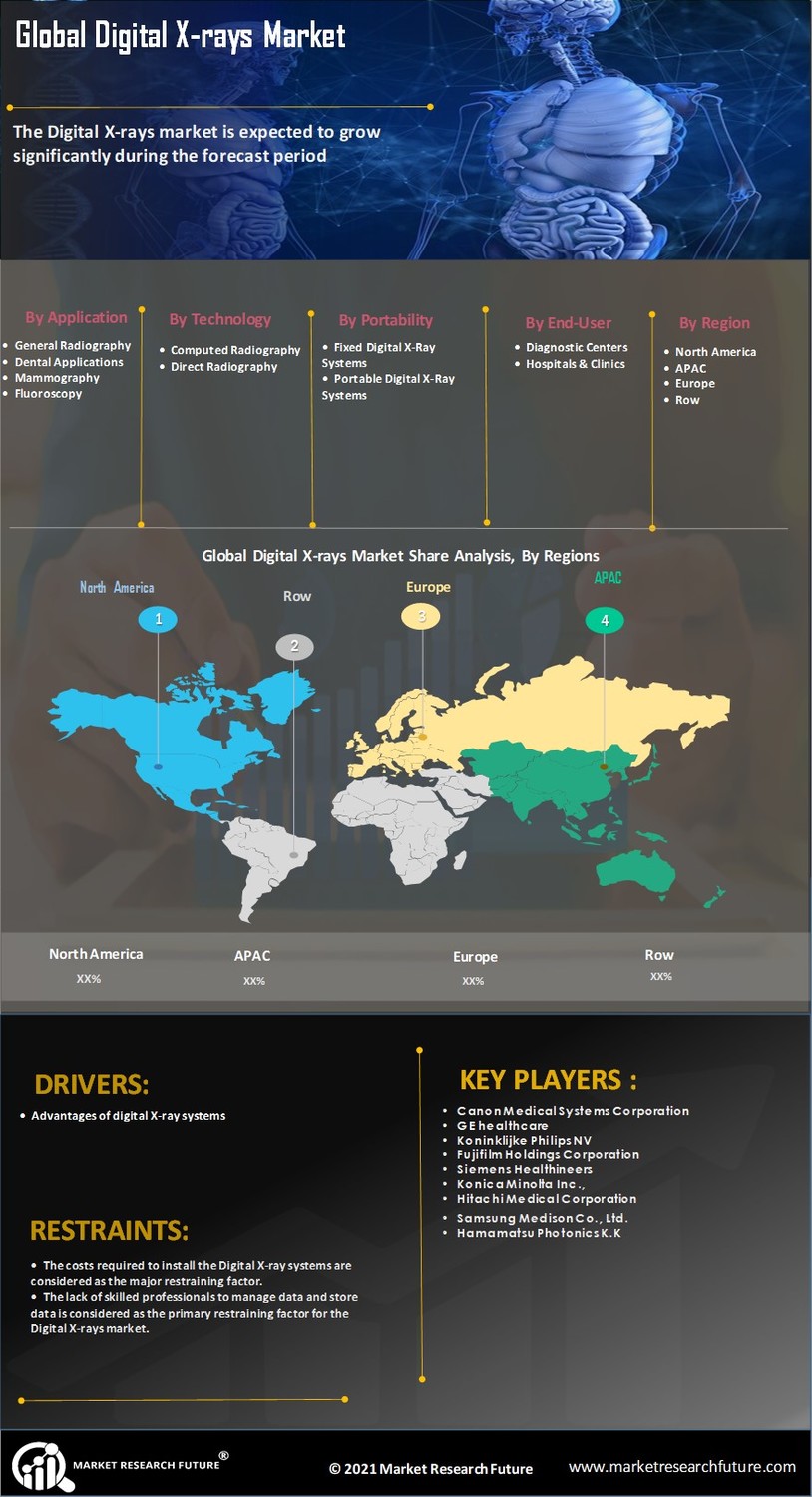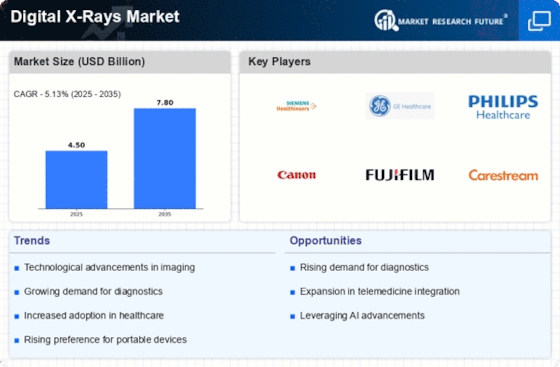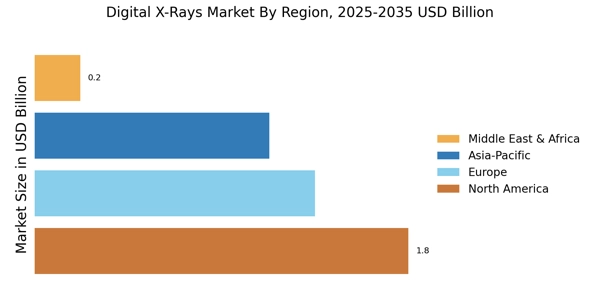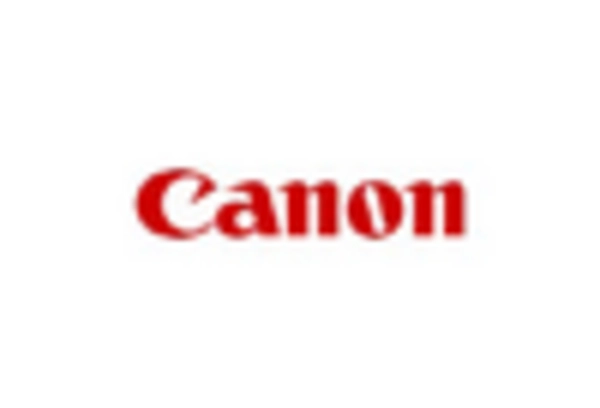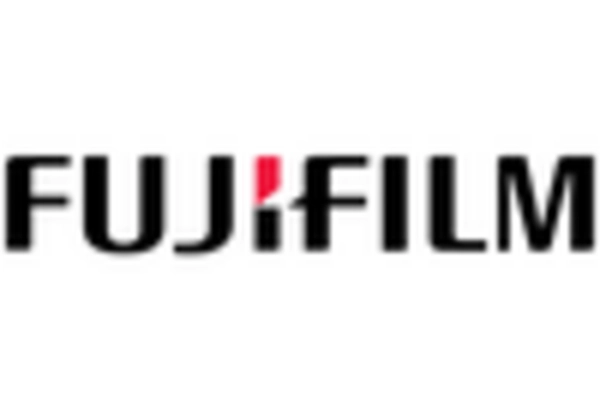Integration of Telemedicine
The integration of telemedicine into healthcare practices is emerging as a significant driver for the Digital X-Rays Market. As telehealth services become more prevalent, the need for remote diagnostic imaging solutions is increasing. Digital X-ray systems that can transmit images quickly and securely are essential for telemedicine applications, allowing healthcare providers to consult with patients and specialists without geographical constraints. Recent data indicates that the telemedicine market is projected to grow substantially, which may correlate with increased demand for digital X-ray technologies. This integration not only enhances patient convenience but also expands the reach of healthcare services, suggesting a promising future for the Digital X-Rays Market.
Regulatory Support and Standards
Regulatory support plays a pivotal role in shaping the Digital X-Rays Market. Governments and health organizations are establishing standards and guidelines that promote the safe and effective use of digital imaging technologies. Compliance with these regulations not only ensures patient safety but also encourages manufacturers to innovate and improve their products. The establishment of clear regulatory pathways for new technologies can facilitate faster market entry, thereby stimulating competition and growth within the Digital X-Rays Market. Furthermore, as regulatory bodies continue to emphasize the importance of quality assurance in imaging, the demand for advanced digital X-ray systems is likely to increase, fostering a more robust market environment.
Increased Accessibility to Healthcare
Accessibility to healthcare services is a crucial driver for the Digital X-Rays Market. As healthcare systems strive to provide better services, the adoption of digital X-ray technology is becoming more widespread, particularly in rural and underserved areas. The ability to obtain high-quality imaging without the need for extensive infrastructure is appealing to healthcare providers. Recent statistics indicate that the number of healthcare facilities adopting digital X-ray systems has increased significantly, with a notable rise in small clinics and outpatient centers. This trend suggests that the Digital X-Rays Market is expanding its reach, making diagnostic imaging more available to diverse populations. Enhanced accessibility may lead to earlier detection of diseases, ultimately improving patient outcomes.
Technological Advancements in Imaging
The Digital X-Rays Market is experiencing rapid technological advancements that enhance imaging quality and efficiency. Innovations such as high-resolution detectors and advanced image processing algorithms are improving diagnostic accuracy. The integration of artificial intelligence in image analysis is also gaining traction, potentially reducing the time required for diagnosis. According to recent data, the market for digital X-ray systems is projected to grow at a compound annual growth rate of approximately 6.5% over the next few years. This growth is driven by the increasing demand for precise imaging solutions in various medical fields, including orthopedics and oncology. As technology continues to evolve, the Digital X-Rays Market is likely to witness further enhancements that could redefine diagnostic practices.
Growing Demand for Preventive Healthcare
The rising emphasis on preventive healthcare is significantly influencing the Digital X-Rays Market. As healthcare providers focus on early detection and prevention of diseases, the demand for advanced imaging technologies, including digital X-rays, is on the rise. Preventive measures often require regular screenings and diagnostic imaging, which can lead to increased utilization of digital X-ray systems. Market analysis indicates that the preventive healthcare segment is expected to grow, driven by an aging population and a greater awareness of health issues. This trend suggests that the Digital X-Rays Market will likely expand as healthcare systems prioritize preventive strategies, ultimately enhancing patient care and reducing long-term healthcare costs.
